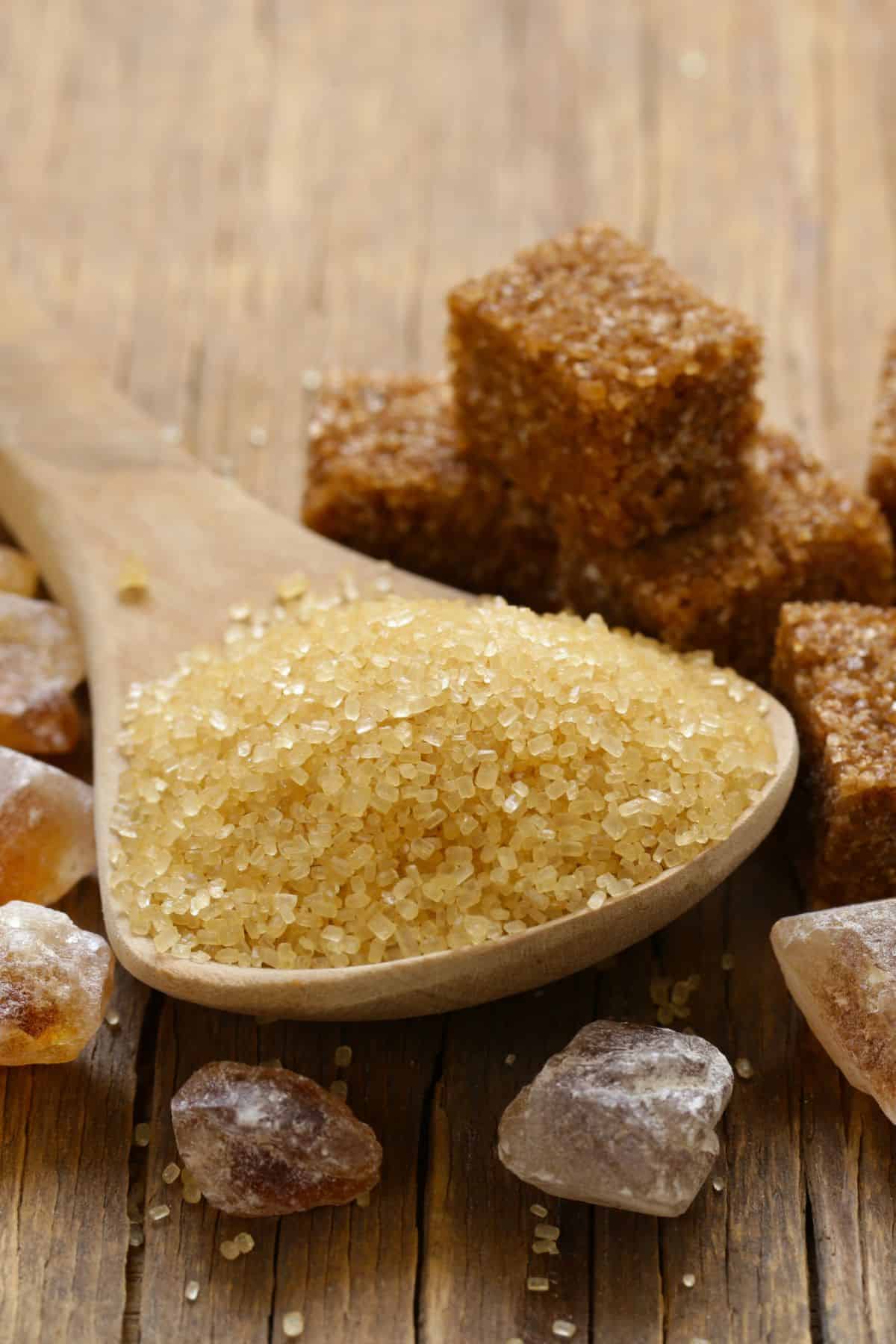Why Cane Sugar Handling Chemicals Are Important for Modern Sugar Refining
The duty of cane sugar handling chemicals in modern-day sugar refining can not be overstated, as they are indispensable to enhancing both the effectiveness of removal and the overall high quality of the end product. Agents such as phosphoric acid and particular flocculants are employed to eliminate pollutants, causing sugar that not just meets customer assumptions but likewise follows market standards. Nevertheless, the effects of these chemicals extend past quality, discussing market characteristics and ecological factors to consider. This increases crucial concerns concerning the sustainability of such techniques and their influence on the future of sugar production.
Function of Handling Chemicals
The efficacy of cane sugar processing pivots significantly on the critical application of processing chemicals. These chemicals play an essential function in enhancing the efficiency and top quality of sugar removal and refining. From the preliminary stages of juice removal to the final filtration actions, processing chemicals help with different vital operations.
In the removal stage, chemicals such as phosphoric acid and calcium hydroxide are employed to maximize the information process, aiding to remove impurities and put on hold solids from the walking stick juice. This not only boosts the yield but additionally guarantees the clarity of the end product. Furthermore, agents like flocculants help in the rapid settling of contaminations, thereby streamlining the total process.
Activated carbon and ion exchange resins offer to eliminate color and odor, guaranteeing that the refined sugar meets customer top quality requirements. Hence, the meticulous option and application of these chemicals are important for achieving optimal results in walking stick sugar handling.
Secret Kinds Of Chemicals
Walking cane sugar processing counts on a range of crucial chemicals that facilitate each stage of production. These chemicals play essential functions in making clear, bleaching, and purifying the sugar extracted from walking stick.
One primary group of chemicals consists of flocculants, such as polyacrylamide, which help in the explanation procedure by promoting the gathering and settling of contaminations. In addition, calcium hydroxide is usually used to counteract acidity and assist in the removal of non-sugar components.
Bleaching agents, such as activated carbon and sulfur dioxide, are utilized to decolorize the syrup, leading to a clearer end product. These chemicals aid remove shade compounds that may impact the sugar's appearance and bankability.
Furthermore, phosphoric acid acts as a pH regulator during the processing stages, making sure optimum problems for the chemical activities associated with sugar removal and purification.
Other essential agents consist of edta (ethylenediaminetetraacetic acid), which chelates metal ions that can catalyze undesirable responses, and sodium hydroxide, which aids in pH control throughout the refining process. Jointly, these chemicals improve efficiency and make certain a high-grade walking cane sugar product.
Advantages for Sugar Top Quality
Often ignored, making use of particular processing chemicals significantly boosts the total quality of walking cane sugar. These chemicals play a pivotal role in refining procedures, making certain that the final item meets rigid market requirements for pureness and preference.

Furthermore, refining chemicals assist in accomplishing a regular granulation and structure, which are essential for customer approval. By controlling the condensation process, these chemicals ensure find this that the sugar crystals create evenly, bring about a more enticing item that dissolves well in various applications.
In addition, making use of these chemicals can boost the rack life of walking stick sugar by reducing moisture absorption and microbial development. On the whole, the calculated application of processing chemicals is essential for supplying top notch walking stick sugar that satisfies consumer assumptions and market needs.
Ecological Effect Considerations

Furthermore, the energy-intensive nature of sugar refining, worsened by chemical use, typically results in raised carbon emissions. This adds to climate modification and increases problems regarding the sustainability of current refining practices. Additionally, the sourcing of these chemicals might include techniques that intimidate biodiversity, such as monoculture farming, which minimizes the strength of farming environments.

To minimize these influences, sugar refiners are significantly checking out sustainable choices and taking on finest methods that reduce chemical usage. Applying extensive environmental management systems can aid make sure that the refining process aligns with ecological requirements and promotes biodiversity. Inevitably, a balanced approach that focuses on both sugar top quality and ecological stewardship is vital for the long-term stability of the sugar market.
Future Trends in Refining
As the sugar market grapples with the ecological challenges related to conventional refining approaches, ingenious methods are arising to improve both performance and sustainability. One considerable pattern is the adoption of environment-friendly chemistry principles, which prioritize making use of safe, naturally degradable processing chemicals. This shift not just reduces ecological impact but also addresses customer need for cleaner production approaches.
One more encouraging development is the application of innovative filtration technologies, such as membrane separation and adsorption processes. These strategies enhance the clearness and top quality of the sugar while minimizing Look At This the quantity of wastewater generated throughout refining. In addition, the integration of digital modern technologies, including IoT and AI, is changing functional performance by allowing real-time tracking and anticipating upkeep, thus lessening source waste.
In addition, using spin-offs from sugar refining, such as bagasse and molasses, is obtaining traction. These materials can be exchanged biofuels or value-added products, adding to a round economic situation within the industry. Collectively, these trends signal a shift in the direction of even more lasting techniques that not just boost functional efficiency however likewise line up with worldwide sustainability objectives, making certain the future viability of sugar refining.
Final Thought
Walking stick sugar processing chemicals are necessary in modern-day sugar refining, dramatically enhancing the effectiveness and high quality of sugar extraction. The tactical use these chemicals not hop over to here only enhances the purity and flavor of the end product yet likewise makes certain regular formation and texture. As the industry significantly focuses on sustainability, the fostering of environmentally-friendly processing agents is most likely to form future fads in refining, inevitably bring about greater high quality products and expanded life span for customers.

Ultimately, a balanced technique that focuses on both sugar quality and environmental stewardship is crucial for the long-term feasibility of the sugar sector.
Cane sugar processing chemicals are important in contemporary sugar refining, significantly enhancing the effectiveness and high quality of sugar removal.